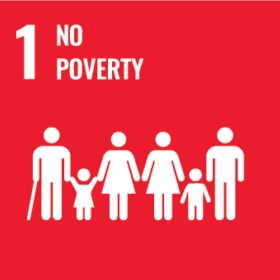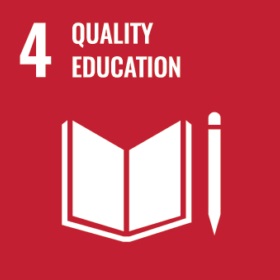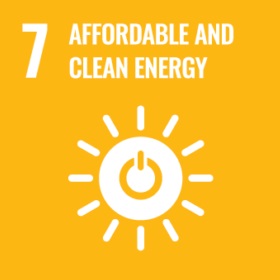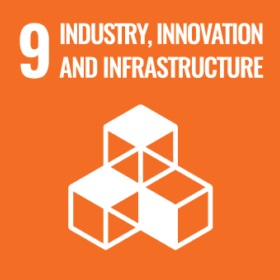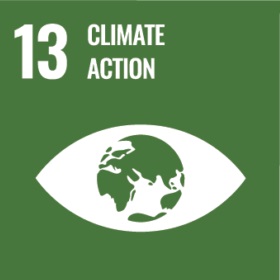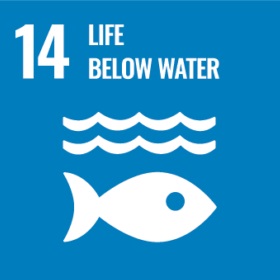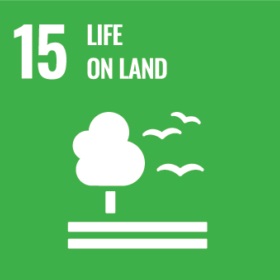Sustainability strategy
In early February 2021, the Management Board of JSW adopted the Sustainable Development Strategy of the JSW Group for the years 2021-2030 (Sustainable Development Strategy), aimed to strengthen the synergies between business goals and sustainable development goals, taking account of the social and environmental responsibility as the areas of key importance given the specificity of the Group’s business, in accordance with the PN-ISO 26000 standard.
One of the major tenets of the new Sustainable Development Strategy is to ensure the Group’s transition to a climate neutral economy. Hence, a stronger emphasis is put on reduction of the carbon footprint through methane capture or the possibility of production of hydrogen, among others. The Sustainable Development Strategy also puts emphasis on efforts diversifying the Group’s product offering, including by potentially innovative and advanced products which also fit the circular economy concept. With the Group’s ongoing transition, the demand for new skills will also change, which is why development of employee competences is another important element. The Sustainable Development Strategy also provides for continuation of the measures aimed at effective management in the area of environment, HR, OHS and mining damage.
The aim of the Sustainable Development Strategy is to support the objectives of the general strategy and fine-tune the approach presented therein, as is the case of other relevant functional strategies being part of the business strategy.
When developing the Sustainable Development Strategy for the years 2021-2030, a decision was made to keep the word RESPECT, of key importance to the previous Sustainable Development Strategy for the years 2017-2020, which captures the spirit of the Group’s governance approach to sustainable development issues.
Respect in the Group’s governance approach has a number of dimensions and constitutes a declaration of the company’s policy in individual dimensions of its impact:
|
WE RESPECT THE CLIMATE |
We want to reduce our carbon footprint and strive towards climate neutrality; analyzing individual elements of the coal-coke production chain, identifying the elements which entail emissions and reducing them to the maximum extent, using the most modern available or emerging technologies (R&D&I). We want to strive towards energy self-sufficiency, relying on our own energy sources with a lower carbon footprint, using byproducts of our operations. |
|
WE RESPECT NATURAL RESOURCES AND STRIVE TOWARDS CIRCULAR ECONOMY (CE) |
Through efficient acquisition and processing of the raw material we offer a broad range of products. We strive both towards full utilization of the natural resources we mine, but also the products accompanying them. |
|
WE RESPECT THE NATURAL ENVIRONMENT |
We strive to reduce our impact on the natural environment by limiting air and water emissions and eliminating the negative impact on biodiversity. |
|
WE RESPECT LOCAL COMMUNITIES |
We strive to reduce mining damage and nuisance, and support local communities, by engaging in social activities. |
|
WE RESPECT OUR EMPLOYEES |
We are a stable and desired employer, invest in the development of our existing and prospective employees. |
|
WE RESPECT HUMAN HEALTH AND SAFETY |
We care for safe and hygienic working conditions for our employees and third party employees working for us. |
|
WE RESPECT THE MARKET ENVIRONMENT |
We care for corporate governance and transparency, we are open to dialogue and performance monitoring by the market environment; we counteract unethical behaviors and care for long-term relations with the customers. |
We assigned measures and expected values to each of the above criteria for 2021-2030, as well as lower-level objectives and actions.
ACTIVITIES UNDERTAKEN IN THE AREA OF SUSTAINABLE DEVELOPMENT
In recent years, a number of measures associated with sorting out, systematizing and formalizing activities associated with socially responsible management were successfully implemented. A number of measures were initiated which are of key importance to the business model in the context of the sustainable development concept. In 2020, the CSR Committee was appointed, which is made up of Management Board Members and managers of business units responsible for areas classified as key from the perspective of social corporate responsibility.
In recent years, also other governance issues have been sorted out, including among others: the first solutions associated with ethics management were adopted, annual employee satisfaction surveys were initiated, a comprehensive compliance system is in place, and ethical and environmental aspects are introduced into framework agreements with suppliers and buyers. This way the Group promotes ethical conduct among its suppliers as it wants to work with business partners who respect human rights and operate in accordance with legal regulations as well as ensure safe and adequate working conditions and apply the highest ethical standards. Moreover, constructive dialogue with representatives of local communities was reinstated and, in accordance with the recommendations laid down in the strategy, the social and charitable activity was sorted out and focused on the communities in which the Group’s plants operate. The actions undertaken were also systematized, i.e. proprietary social engagement programs were defined (JSW Knowledge Mine, JSW for Children), and charitable activities were taken over by the JSW Foundation established for this purpose.
In 2020, JSW joined the Partnership for Sustainable Development Goals (SDGs). As a result JSW has joined the group of Polish companies and institutions which have signed an official declaration of commitment to attainment of UN’s global goals (so called the 2030 Agenda).
The Group is actively involved in the implementation of 7 goals of the 2030 Agenda:
|
THE GOALS OF THE 2030 AGENDA |
|
|
|
SDG 1 – No poverty We actively participate in the life of local communities in the areas of JSW’s operations. In addition to the activity of the JSW Foundation, we also conduct a number of projects addressed to communities, including children (JSW for Children, Knowledge Mine). |
|
|
SDG 4 – Quality education We support education, especially classes with extended mining-related curriculum. We hold educational campaigns for children, we work together with universities to strengthen career development of students |
|
|
SDG 7 – Affordable and clean energy We develop RES-related projects. Currently, there are PV installations of the total capacity of ca. 0.8 MWp operating at the Group |
|
|
SDG 9 – Industry, innovation, infrastructure We are undergoing a transition towards a climate neutral economy, becoming involved in R&D projects aimed at offering innovative products of future technologies. |
|
|
SDG 13 - Climate action For many years we have been striving to reduce methane emissions, using it economically along with a number of other by-products of mining and coking operations (e.g. coke oven gas). |
|
|
SDG 14 – Life below water We have carried out, at an unprecedented scale, mine water desalination, as a result of which we obtain pure salt and reduce the burden on the rivers. |
|
|
SDG 15 – Life on land We reclaim and revitalise post-mining areas. Thanks to the Group’s environmental protection efforts, in 2021 no environmental damages were recorded as a result of our companies’ operations. |

